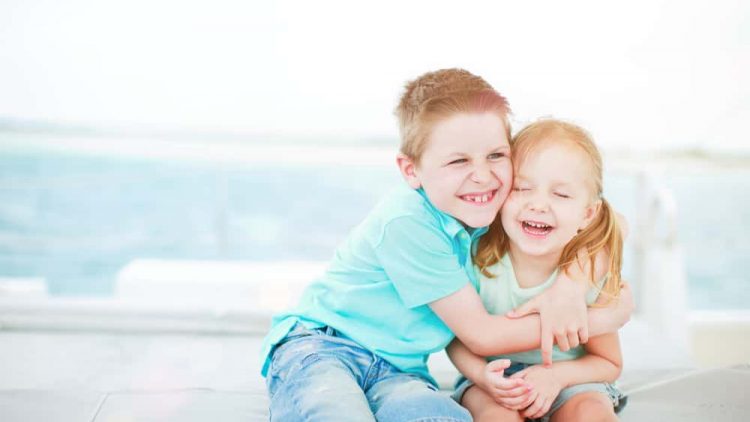Protecting Your Kids Inside Collaborative Divorce
As active, involved parents, we all wonder what our kids are thinking moment to moment. Likewise, we enjoy experiencing the world through their eyes. At the same time, we strive to protect them from the pains of the world. Sometimes, though, that’s impossible, and we may even be the cause of that pain.
We are the adults, and we have to make tough choices. That can mean we choose to end our marriages and create an entirely different life for our children. It’s hard enough for us to think about all of the things that will change as we embark on this new life without our spouses, sharing time with our children. But what about our kids? How can we help them—protect them—as we move through this challenging transition for our families?
Honesty Is the Best Policy
When it comes to talking to our kids about divorce, it’s always a touchy subject. How much do we tell them? When do we tell them? Questions abound, and answers vary.
For the most part, we want to be honest with kids—to a point. Obviously, if Dad was cheating with his secretary, your five-year-old doesn’t need to know all of the details. But she does need to know that the divorce is happening.
Just as you would answer any child’s question about something that seems beyond them (e.g., sex or world disasters) with simple, straightforward answers, use the same approach when discussing divorce.
“My parents sat down with my sister and me and told us they were getting divorced. We had lots of questions, but they didn’t tell us too much about it. Just that they weren’t happy together as husband and wife, but that they loved us. They told us we didn’t do anything wrong, that they made this decision themselves. It hurt, but I’m glad they told us. Things were getting too weird and quiet in our house.” —Christian, age 12
Christian nails one of the key points in talking to your children about divorce: Always stress that they had nothing to do with your decision. Kids of all ages internalize what happens around them in an effort to make sense of the world. That means that when you divorce, they’re going to focus on their part in it. You need to stress to them they had no part. A divorce is a grown-up decision, and kids only factor into that decision in how you can help them continue to feel loved by and close to their parents.
How Collaborative Divorce Helps Kids
A collaborative setting gives children a voice with which to share their thoughts and feelings. They are also provided with an advocate to voice their concerns with their parents and the attorneys. It’s a much different approach than in a litigation-based divorce, where the children are usually thought of less as people and more as assets to be divided.
“I’ll admit that I didn’t love the fact that my parents were getting a divorce. But they did it in this different way where my sister and I got to talk. We said where we wanted to live and how we wanted to share our time with Mom and Dad. Of course, we didn’t get everything we wanted, but it was nice to be asked and be part of everything.” — Samantha, age 15
When children feel empowered and as if their opinions matter, they are more likely to move through the divorce proceedings maintaining their strong emotional health. And that will help them feel honored, loved, and cherished—all emotions we want our children to experience. This is how you can protect your kids inside collaborative divorce.
If you are considering divorce and have children, you owe it to your entire family to look at your options with collaborative divorce. Contact the professionals at Ogborne Law to answer your questions.
Engaging with an attorney to protect your family is never an easy step. Whether you need to protect your family from the unthinkable or restructure your family through collaborative divorce, we’re here to help. When you’re ready to schedule a consultation with Michelle Ogborne, please visit the scheduling page to get started.







